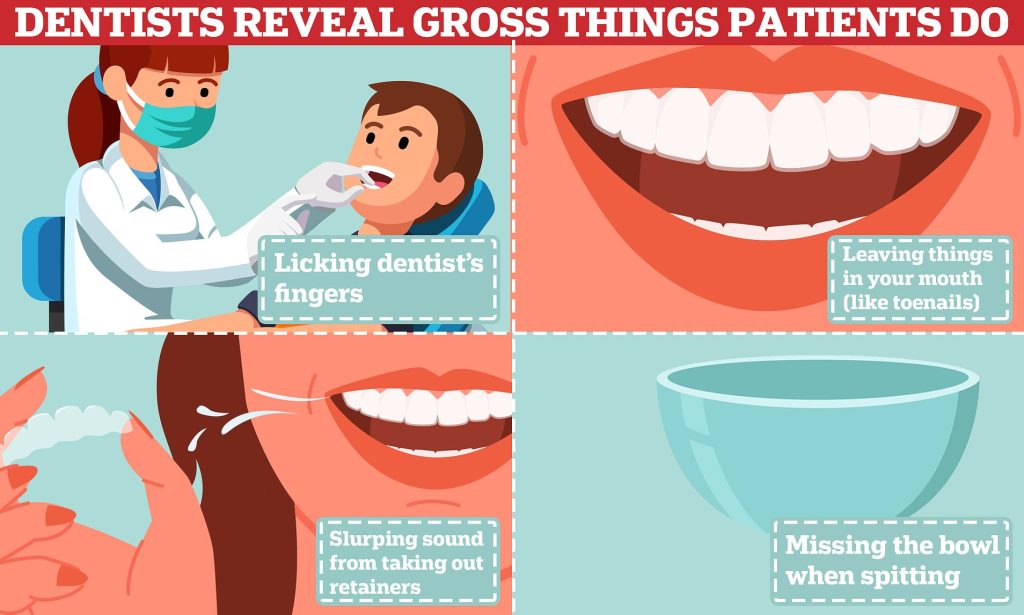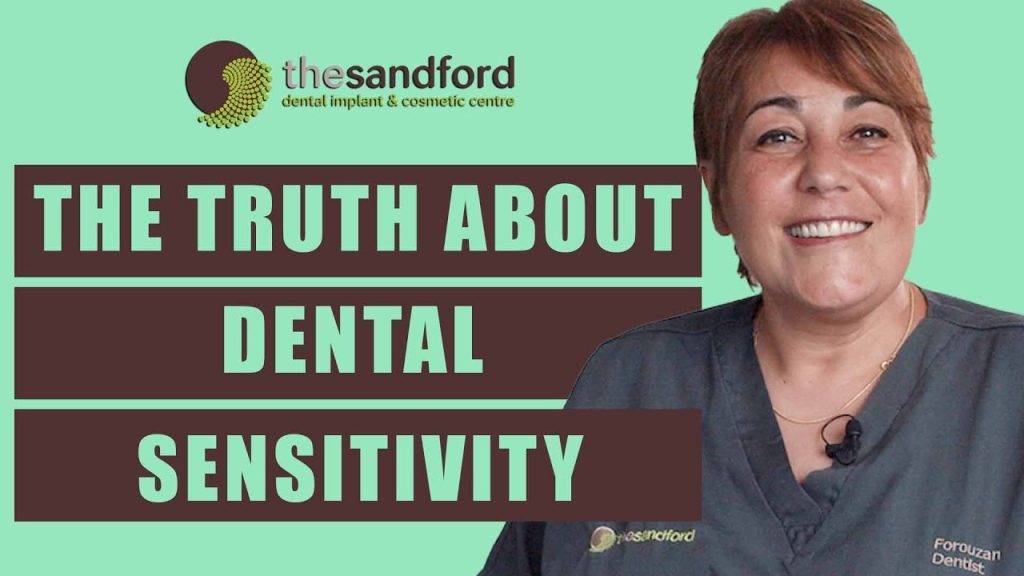Have you ever wondered about the truth behind dentists and dental care? Look no further, as “Unveiling the Truth: Dentists and Dental Care” is here to provide you with insightful information. This captivating piece sheds light on the reality and importance of dentists in our lives.
Delving into the world of dental care, this article uncovers the truth about dentists and their vital role in maintaining oral health. From routine check-ups to advanced procedures, dentists are dedicated to ensuring that your smile radiates with confidence. By emphasizing regular dental visits, this content aims to educate readers about the preventive measures necessary for achieving optimal oral hygiene.
So, get ready to unlock the truth as you embark on a journey that reveals the untold story of dentists and the impact they have on our well-being.
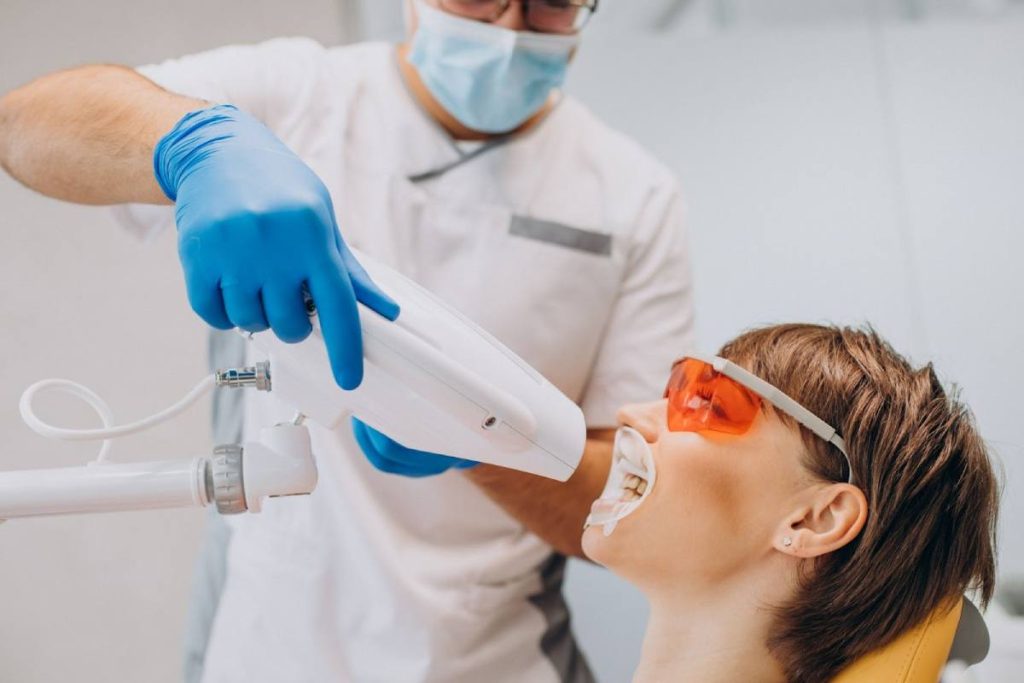
The Truth Behind Dentists and Dental Care
Importance of Oral Health
When it comes to overall health, oral health plays a significant role. Taking care of your teeth and gums is not just about having a bright smile; it also has a direct impact on your overall well-being. Numerous studies have shown a strong link between oral health and various health conditions, including heart disease, diabetes, respiratory infections, and even pregnancy complications. Neglecting your oral hygiene can lead to the buildup of harmful bacteria, which can then enter your bloodstream and affect other parts of your body. Therefore, maintaining good oral health is essential for your overall health and well-being.
Relationship with Oral Hygiene
To maintain good oral health, having a proper oral hygiene routine is crucial. This routine involves daily brushing and flossing to remove plaque and food particles, as well as regular visits to the dentist for professional cleanings. Your dentist can thoroughly clean your teeth and gums, removing any stubborn plaque and tartar buildup that cannot be removed by regular brushing alone. Additionally, they can provide personalized advice on the proper techniques for brushing and flossing, as well as recommend suitable oral care products.
Common Dental Procedures
Dental Cleanings
Regular dental cleanings, also known as prophylaxis, are a fundamental part of preventive dental care. During these cleanings, a dental hygienist or dentist will remove plaque, tartar, and stains from your teeth. They will also polish your teeth to leave them feeling smooth and looking radiant. Dental cleanings not only help to prevent gum disease and tooth decay but also give your dentist an opportunity to examine your oral health and identify any potential issues before they become more serious.
Tooth Fillings
If you have a cavity or tooth decay, your dentist may recommend a tooth filling. This procedure involves removing the decayed portion of the tooth and filling the cavity with a suitable material such as composite resin or amalgam. Fillings not only restore the tooth’s structure and function but also prevent further decay and protect the tooth from additional damage. With advancements in dental materials, fillings can now be color-matched to your natural tooth color, making them aesthetically pleasing and virtually invisible.
Root Canals
Root canals are often associated with fear and discomfort, but they are actually a valuable dental procedure that can save a severely damaged or infected tooth. When the pulp inside a tooth becomes infected or inflamed, a root canal is typically recommended. During this procedure, the infected pulp is removed, and the inside of the tooth is thoroughly cleaned and sealed. Contrary to popular belief, modern root canal procedures are relatively painless, thanks to advancements in anesthesia and techniques.
Tooth Extractions
In some cases, a tooth extraction may be necessary. This procedure is usually performed when a tooth is severely decayed, damaged beyond repair, or causing problems for surrounding teeth. Extractions can also be necessary for orthodontic reasons, such as removing overcrowded teeth to make space for proper alignment. While the thought of a tooth extraction may be intimidating, your dentist can ensure a comfortable experience by using local anesthesia or other sedation methods as needed.
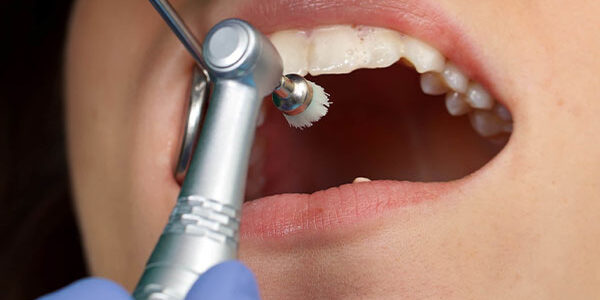
Specializations within Dentistry
Orthodontics
Orthodontics focuses on the diagnosis, prevention, and treatment of dental and facial irregularities. Orthodontic treatment often involves the use of braces or aligners to straighten crooked teeth, correct bite alignment, and improve overall dental aesthetics. Straightening teeth not only improves your smile but also helps maintain good oral hygiene by making it easier to clean all surfaces of your teeth.
Periodontics
Periodontics specializes in the prevention, diagnosis, and treatment of diseases affecting the gums and other supporting structures of the teeth. Conditions such as gingivitis and periodontitis can lead to gum inflammation, tooth loss, and even systemic health problems. Periodontists are experts in treating gum diseases, performing gum surgeries, and placing dental implants for patients with missing teeth.
Endodontics
Endodontics deals with the diagnosis and treatment of the dental pulp and tissues surrounding the roots of teeth. Root canal treatment is a common procedure performed by endodontists to save teeth that have become infected or inflamed. These specialists have advanced training in pain management techniques and use advanced equipment to ensure the best possible outcome for patients in need of root canal therapy.
Oral Surgery
Oral surgeons are specialists who perform surgical procedures involving the mouth, jaws, and related structures. They can extract teeth, including impacted wisdom teeth, perform complex tooth replacements using dental implants, and correct jaw misalignments. Oral surgeons are also trained to manage and treat oral and facial injuries, such as fractures and dislocations, as well as perform reconstructive surgery.
Tips for Choosing a Dentist
Recommendations from Friends and Family
One of the best ways to find a reliable dentist is by seeking recommendations from friends, family members, or colleagues who have had positive experiences with their own dentists. Personal referrals can give you valuable insights into a dentist’s skills, expertise, and chair-side manner.
Researching Qualifications
Before making a decision, it’s important to research a dentist’s qualifications and credentials. Look for a dentist who has completed the necessary education and training from reputable dental schools, as well as any additional certifications or specialist qualifications in a particular field of dentistry.
Considering Office Location and Hours
Convenience is an important factor when choosing a dentist. Consider the location of the dental office and whether the office hours align with your schedule. Choosing a dentist with a convenient location and flexible hours can help ensure that you can easily access the dental care you need without additional stress.
Evaluating Dentist-Patient Communication
Effective communication is crucial in the dentist-patient relationship. A good dentist should be able to explain treatment options, procedures, and potential risks in a clear and understandable way. They should also actively listen to your concerns and answer any questions you may have, making you feel comfortable and well-informed throughout your dental journey.
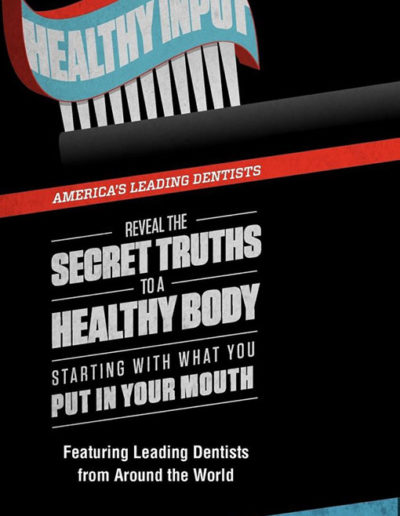
Preventive Measures for Dental Care
Importance of Regular Brushing and Flossing
Maintaining good oral hygiene starts with regular brushing and flossing. Brushing your teeth at least twice a day with fluoride toothpaste helps remove plaque and bacteria from the surfaces of your teeth. Flossing daily is equally important, as it cleans areas between the teeth where your toothbrush cannot reach. Establishing these habits early on and teaching them to children can set the foundation for a lifetime of good oral health.
Use of Mouthwash and Dental Rinse
Mouthwash and dental rinses can be valuable additions to your oral hygiene routine. They can help kill bacteria, freshen your breath, and provide additional protection against tooth decay and gum disease. However, it’s important to choose a product that is alcohol-free and approved by dental professionals to ensure its effectiveness and safety.
Dietary Habits for Oral Health
Your diet plays a significant role in your dental health. Limiting the consumption of sugary foods and drinks can help prevent tooth decay. Opting for a balanced diet rich in fruits, vegetables, whole grains, and lean proteins provides essential nutrients that support healthy teeth and gums. Drinking plenty of water throughout the day also helps wash away food particles and reduce the risk of tooth decay.
Regular Dental Check-ups
Regular dental check-ups are essential for maintaining good oral health. During these visits, your dentist will examine your teeth, gums, and oral tissues, looking for any signs of decay, gum disease, or oral cancer. Early detection of dental issues allows for timely intervention, preventing further damage and potential complications. Your dentist may also perform professional cleanings to remove plaque and tartar buildup, helping to prevent common dental problems.
Habits to Avoid for Good Oral Health
Maintaining good oral health also involves avoiding certain habits that can be detrimental to your teeth and gums. Avoiding tobacco products, limiting alcohol consumption, and refraining from biting on hard objects can help prevent gum disease, tooth decay, and dental injuries. It’s also important to avoid habits like teeth grinding and nail-biting, as they can lead to teeth fractures and other dental issues.
Dental Insurance and Costs
Understanding Dental Insurance Coverage
Understanding your dental insurance coverage is crucial for managing costs. Dental insurance plans vary in coverage and limitations, so it’s important to review your plan’s details before seeking dental care. Familiarize yourself with the terms, such as deductibles, copayments, and annual maximums, to better understand your financial responsibility.
Comparing Costs and Quality of Care
When choosing a dentist, it’s essential to consider costs and the quality of care provided. While affordability is important, it’s equally important to ensure that your chosen dentist maintains high standards of professionalism and uses quality materials and techniques. Comparing costs and quality of care can help you find a balance between affordability and excellent dental treatment.
Partial or Total Coverage Options
Some dental insurance plans offer partial or total coverage for specific dental procedures, such as cleanings, fillings, or preventive treatments. Understanding the coverage options available to you can help prioritize and plan for necessary dental treatments. If your insurance does not cover specific procedures, discuss alternative options and payment plans with your dentist to ensure you receive the care you need.
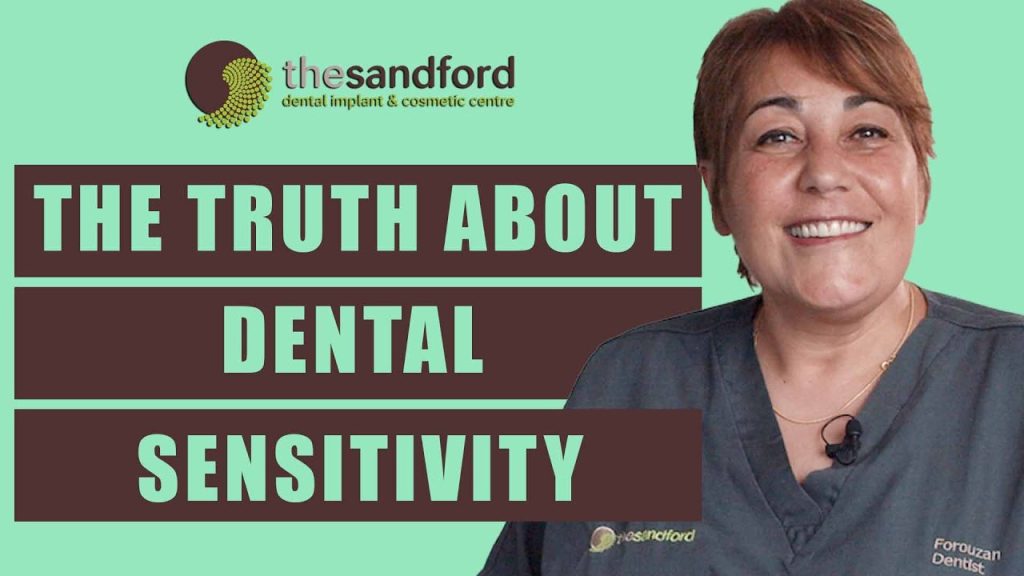
Dental Health and Aging
Oral Health Challenges in Older Adults
As we age, our oral health needs change. Older adults are more susceptible to conditions such as gum disease, tooth loss, and dry mouth. Additionally, underlying health conditions and medications can affect oral health. It is important for older adults to maintain regular dental check-ups and properly care for their teeth and gums to prevent oral health complications.
Importance of Oral Care for Seniors
Maintaining good oral health is crucial for seniors’ overall well-being. Oral health issues can impact their ability to eat, speak, and socialize comfortably. Regular brushing, flossing, and the use of mouth rinses are essential for maintaining healthy teeth and gums. Seniors should also be mindful of denture care and ensure they clean and maintain their dentures properly to avoid any discomfort or oral health complications.
Denture Care and Maintenance
For individuals who have lost their natural teeth, dentures provide a functional and aesthetic solution. Proper care and maintenance of dentures are essential to prevent oral infections, discomfort, and damage to the denture itself. Regular cleaning, proper storage, and routine check-ups with a dentist are important for ensuring that dentures continue to fit well and function effectively.
The Truth About Dentists
Education and Expertise
Dentists undergo extensive education and training to become qualified oral healthcare professionals. After completing a bachelor’s degree, aspiring dentists attend dental school for four years, where they learn the necessary knowledge and skills to diagnose, treat, and prevent oral health issues. After dental school, dentists must obtain a license to practice dentistry by passing the required exams. They may also pursue further specialized training in specific areas of dentistry.
Myths and Misconceptions
Dentistry is not immune to myths and misconceptions. One common misconception is the fear of dentists. While dental anxiety is real for many people, modern dental practices focus on creating a comfortable and anxiety-free environment to alleviate patients’ fears. Another myth is the idea of painless dentistry. While modern dentistry is committed to minimizing discomfort, some procedures or treatments may involve mild discomfort or sensitivity, but dentists have various methods to manage and alleviate pain.
Ethical Considerations in Dentistry
Ethics and professionalism are fundamental principles in dentistry. Dentists are bound by ethical guidelines and codes of conduct that prioritize patient welfare, privacy, and informed consent. Informed consent ensures that patients understand the benefits, risks, and alternatives to a proposed treatment, enabling them to make well-informed decisions about their oral health. Additionally, protecting patient confidentiality and avoiding over-treatment are crucial aspects of ethical dental practice.
Dental Care for Children
Children have unique dental needs, and dental care from an early age sets the stage for a lifetime of healthy smiles. Early dental visits are essential to monitor tooth development, identify potential issues, and provide preventive care. Pediatric dentists specialize in providing dental care specifically for children, creating a child-friendly environment and helping children establish good oral hygiene habits through education and gentle care.
The Role of Technology in Dentistry
Advancements in technology have greatly benefited the field of dentistry. Digital imaging and X-rays allow dentists to have a more accurate diagnosis and treatment planning. Laser dentistry provides effective alternatives to traditional dental procedures, such as gum treatments and cavity removal, with minimal discomfort and faster healing times. 3D printing technology has revolutionized dental prosthetics, allowing for precise and efficient production of dental restorations. Dental sedation and anesthesia techniques have also improved, ensuring patient comfort during more complex procedures.
Dealing with Dental Emergencies
Dental emergencies can be unsettling, but knowing how to handle them can make a significant difference. Common dental emergencies include toothaches, broken or knocked-out teeth, and dental abscesses. Immediate first aid measures can help alleviate pain and prevent further damage, such as rinsing the mouth with warm water or placing a knocked-out tooth back into its socket. Seeking immediate dental care is crucial to ensure appropriate treatment and prevent complications.
Preventive Measures for Dental Emergencies
While dental emergencies cannot always be avoided, certain preventive measures can reduce the risk of experiencing one. Regular dental check-ups, maintaining good oral hygiene, wearing appropriate mouthguards during sports, and avoiding habits that can lead to dental injuries, such as biting on hard objects, can help minimize the chances of dental emergencies. Taking preventive measures is not only important for dental health but also for overall well-being and peace of mind.
In conclusion, dentists and dental care play a vital role in maintaining not only your oral health but also your overall well-being. From preventive measures and regular check-ups to specialized treatments and ethical considerations, dentists are dedicated to providing quality oral healthcare. By understanding the importance of oral hygiene, choosing the right dentist, and implementing preventive measures, you can pave the way for a lifetime of healthy smiles and optimal oral health.
